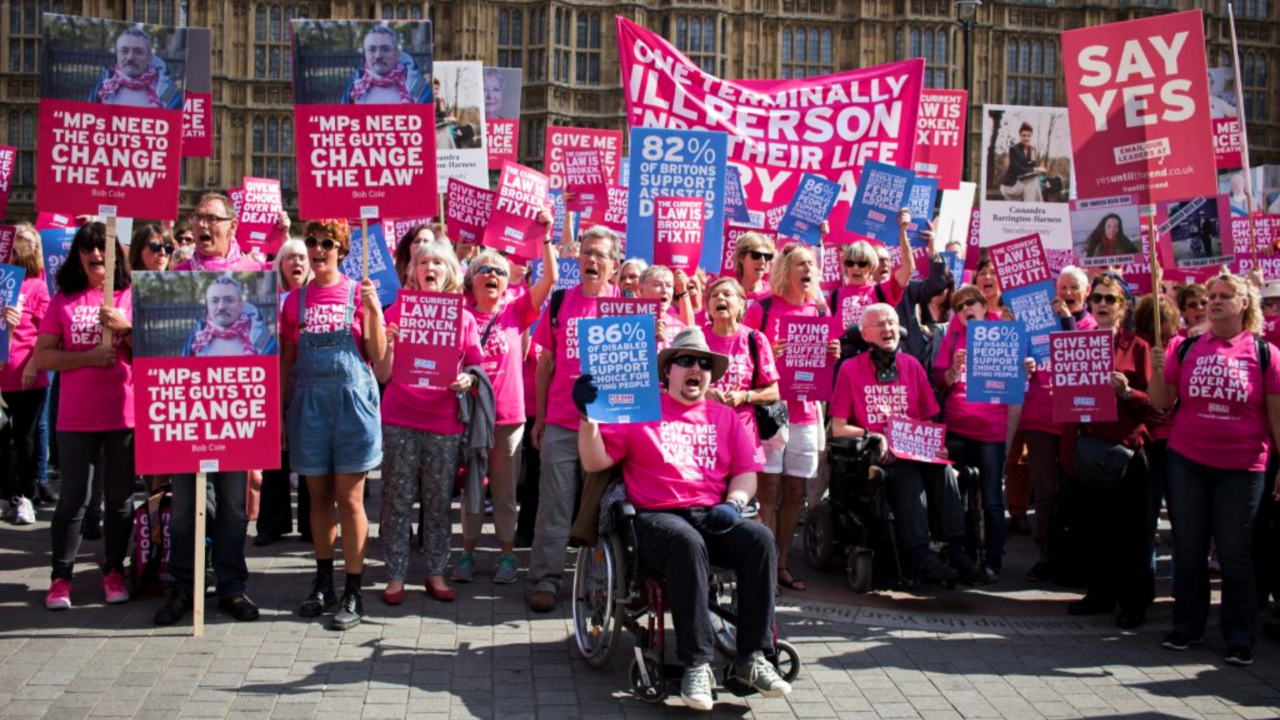A vote which could make assisted dying legalised for the first time in the British Isles is imminent. The doctor behind the bill, Alex Allinson, is ‘cautiously optimistic’ it will be instated.
Assisted dying is an incredibly difficult and sensitive subject to consider, but large parts of the public demand to be heard.
A parliamentary hearing and vote is imminent on whether euthanasia will be legalised in the UK’s Isle of Man. Dr Alex Allinson, a GP who is also the province’s Treasury Minister, brought the bill forward in 2022 and is confident it will be instated by 2025.
‘I think what it [the bill] does show is that appetite amongst our public, and their elected representatives, to bring forward progressive legislation that will provide for assisted dying,’ he said.
Specifically, the term ‘assisted dying’ refers to a situation in which someone who is terminally ill or has a debilitating condition of an incurable nature is helped to end their own life. Handled diligently on a case-by-case basis, successful requests would culminate in doctors administering fatal drugs in hospital or a hospice.
At present, assisting someone in ending their own life under any circumstances is a criminal offence that can carry a prison sentence of up to 14 years in the UK. In Canada, Switzerland, and the Netherlands, however, the act is considered lawful subject to strict conditions.
Thank you @PrueLeith for your support. Its important that all parliamentarians represent and reflect the views of the people who put their trust in us at the last election. I hope my Tynwald colleagues will vote to progress a Bill providing future choice, autonomy and compassion https://t.co/1Igt66XX2w
— Dr Alex Allinson (@allinson_alex) October 30, 2023
Wishing Britain to join this cohort, an ardent pro-change campaign group called Dignity in Dying has proclaimed the hearing as a ‘landmark vote’ for the Isle of Man. The statistics displayed on its website point to a wide public appetite for the reform to be introduced.
44% of UK residents would reportedly break the law to help a loved one die, 84% support the choice of assisted dying for the terminally ill, and 86% of people with a disability are in favour of the bill. It also suggests that 300 dying individuals take their own lives already every year in Britain.




















